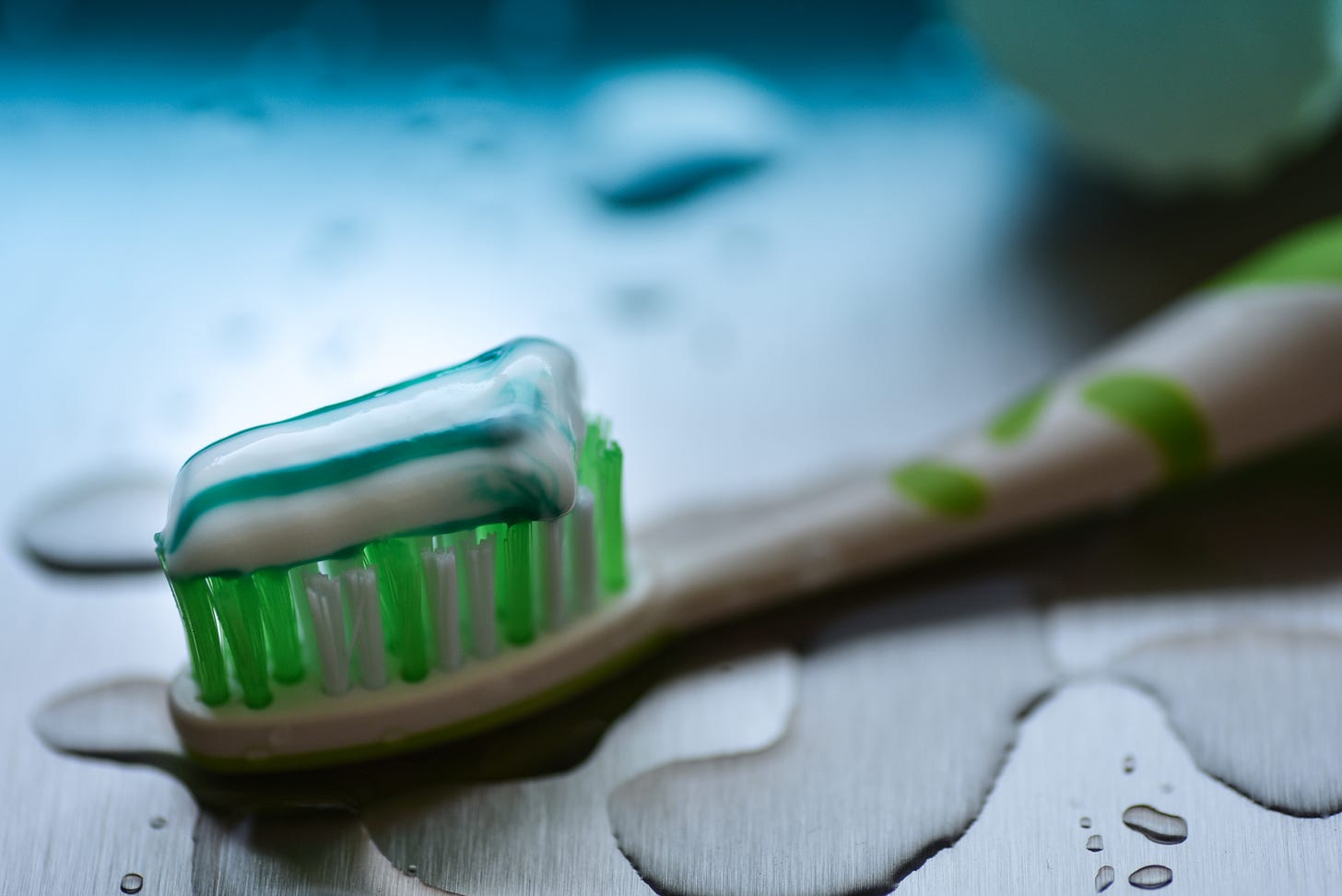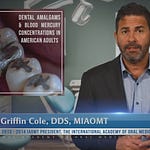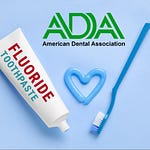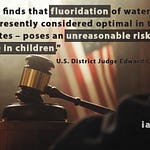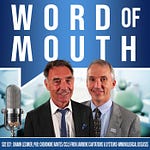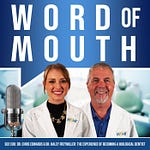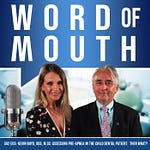Cochrane has published their review "Water fluoridation for the prevention of dental caries." The team of researchers reviewed the evidence from 157 studies which compared communities that had fluoride added to their water supplies with communities that had no additional fluoride in their water. They found that the benefit of fluoridation has declined since the 1970s, when fluoride toothpaste became more widely available
The findings suggest that the initiation of CWF may lead to only a slight reduction in the number of decayed, missing, or filled teeth in children's primary dentition, equivalent to just one-quarter of a tooth. Moreover, the review points out the uncertainty in whether fluoridation has any significant effect on permanent teeth or dental surfaces.
Furthermore, the evidence from pre-1975 studies, which had demonstrated more substantial benefits, may no longer be applicable. The review found low-certainty evidence of a small increase in the proportion of children free of tooth decay, further underscoring the diminishing impact of fluoridation in today's context.
“When interpreting the evidence, it is important to think about the wider context and how society and health have changed over time,” says co-author Anne-Marie Glenny, Professor of Health Sciences Research at the University of Manchester. “Most of the studies on water fluoridation are over 50 years old, before the availability of fluoride toothpaste. Contemporary studies give us a more relevant picture of what the benefits are now.”
Importantly, the review found no strong evidence supporting fluoridation’s effectiveness in reducing dental disparities between people with varying incomes and/or living circumstances. Shockingly, the review highlighted a lack of high-quality research on the safety and effectiveness of water fluoridation.
“Once again the scientific literature is showing us that fluoride is not only harmful, but also ineffective. It is past time dental professionals embrace other, more meaningful strategies to combat tooth decay that are effective and not toxic to the patient.”
IAOMT President Yuko Torigoe, DMD.
In light of this new evidence, the IAOMT urges health authorities and policymakers to ban the use of CWF, emphasizing the need to explore alternative methods to improve oral health, particularly in light of the potential risks associated with water fluoridation.
The International Academy of Oral Medicine and Toxicology (IAOMT) is a global network of dentists, health professionals, and scientists committed to advancing the science of biological dentistry and ensuring the highest standards of safe dental practices and patient care.
For more information about fluoride or to find a fluoride free dentist, please visit www.iaomt.org




